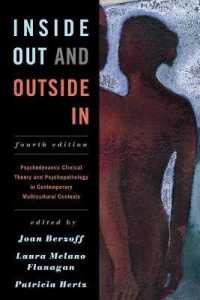Full Description
This book offers results from the comparative Teacher Education and Development Study - Learning to Teach Mathematics (TEDS-M), which tested more than 23,000 mathematics teachers at the primary and lower secondary levels from 16 countries.







